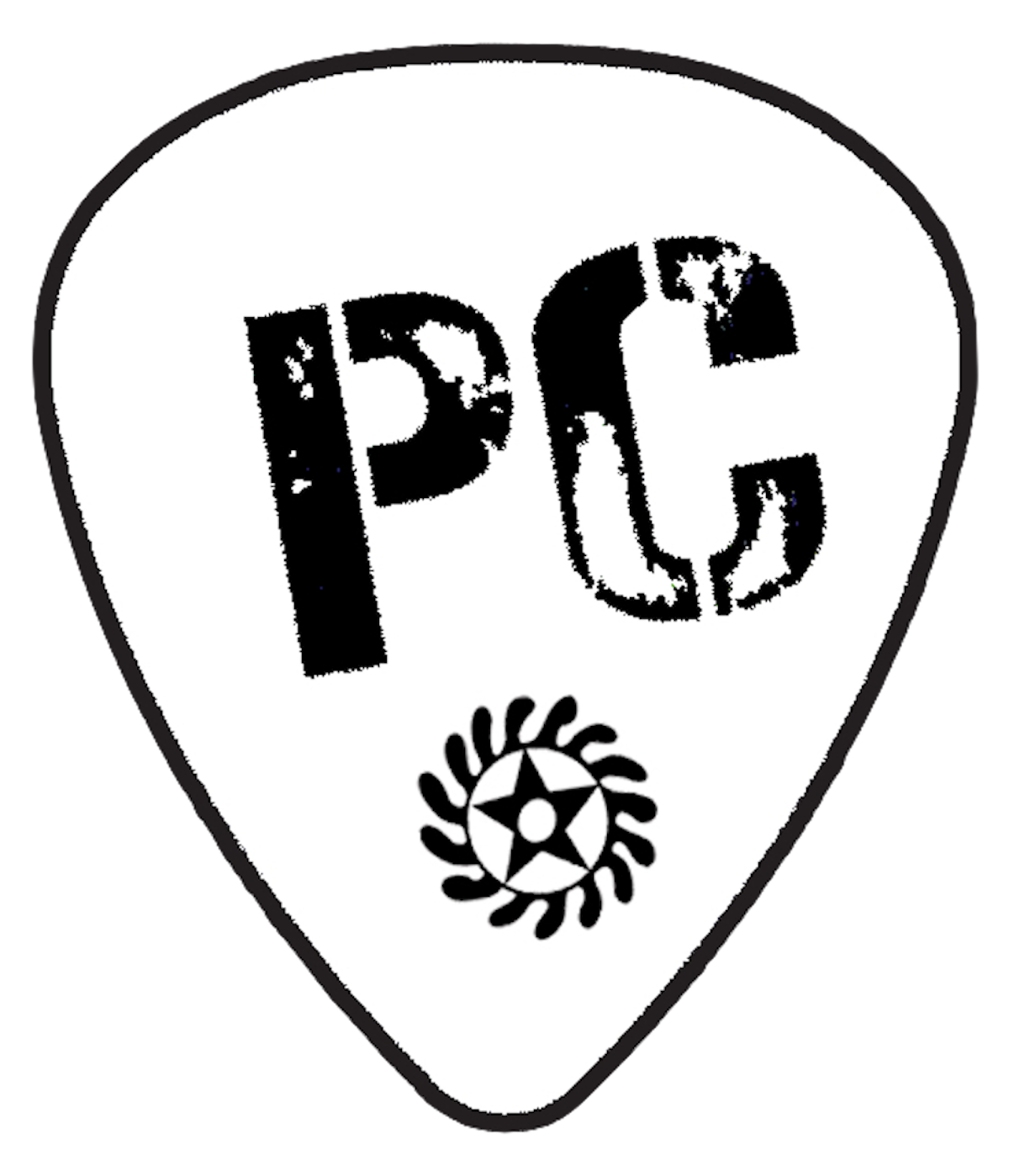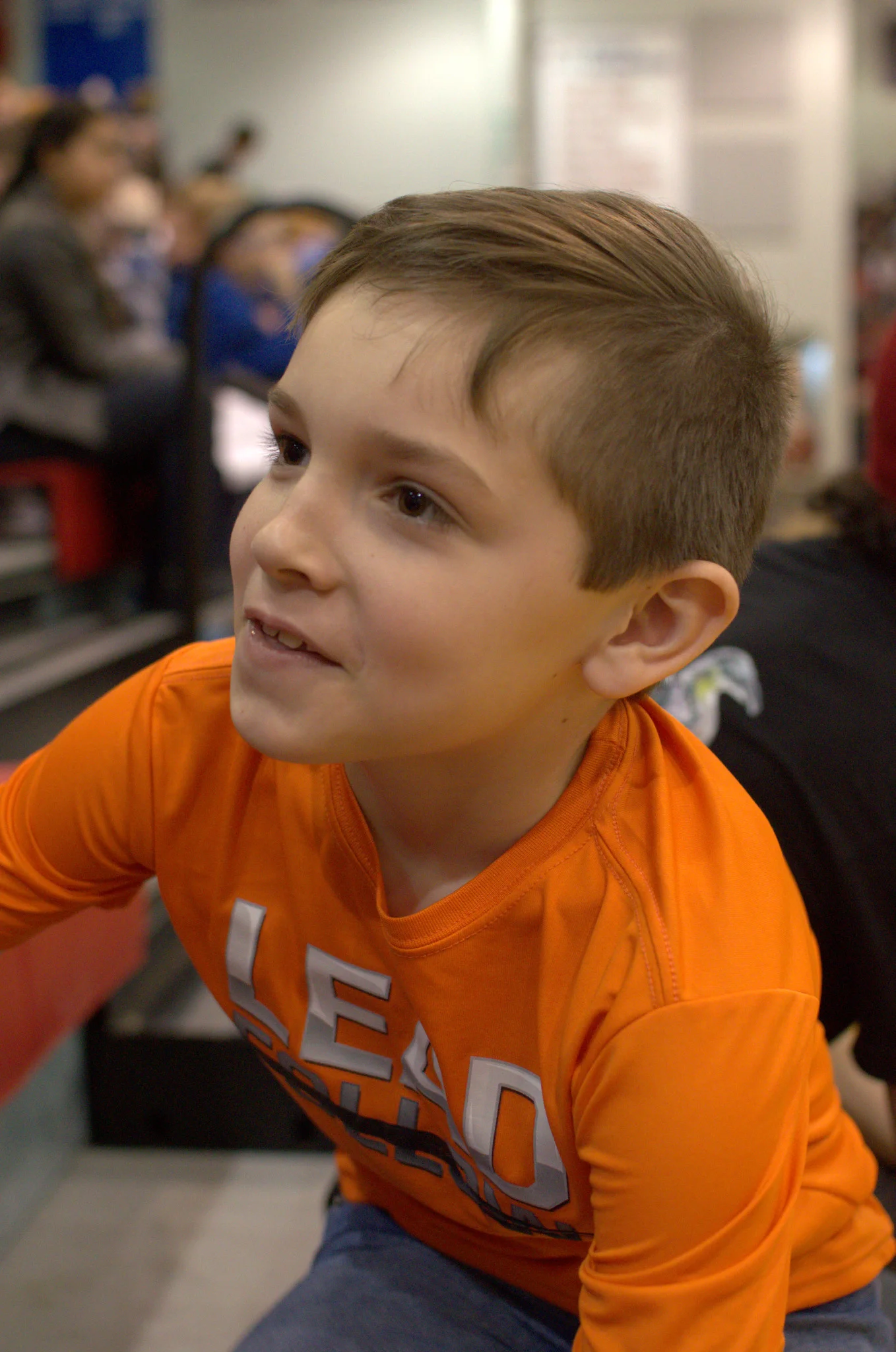My son, Brooks, starts 2nd grade on Monday. To say that he is excited would be an understatement…this past week for registration night when he would get to meet his teacher for the upcoming school year, he was up and dressed to the nines hours before we even needed to leave the house. He simply could not wait to step foot in his school once again, as evidenced by the spring in his step as we approached the building that night.
Brooks loves his school. He loves his principal. He loves the staff members. He loves his classmates. And, most importantly to this dad, he loves to learn.
As we proceeded through the stations that night, I observed several other families doing the same thing. Regardless of their grade, height, weight, race, or academic ability, they all shared a few things in common: Every single one of them had an eager smile on their face. Every single one of them had that extra spring in their step. And every single one of them were genuinely happy and excited to be there.
My son has attended this school for one full year. Despite this brevity, each and every single adult at each and every single station called my son by name and asked a question about his summer trip to Disney World or how his dog was doing. Despite the fact that my son has had ONE teacher and ONE principal in his time there, every single adult, ranging from the principal to teachers to educational assistants, called him by his name and knew something about his life beyond the walls of that building. For a guy that travels the country and speaks about creating a positive culture and climate, that means the world to me. My son’s school gets it, and that is a direct reflection of the leadership and the quality of people that work there.
How are students and their adult supporters treated at your school’s registration nights? Is it similar to our aforementioned experience? Or is it more formality than anticipation, with greater emphasis placed on providing direction to the next station instead of seizing the opportunity to connect and foster relationships? Unfortunately, I have witnessed the latter description far too many times.
As I reflect on my time as a high school educator, one of the things I spend a great deal of time thinking about is this: Where do we lose the magic along the way? My son loves school, with a passion, as do most children his age. But by the time these kids get to high school, most of them will have developed a deep disdain towards education.
I am not certain of where we go wrong, but I am certain of this: As educators, we are failing somewhere between the ages of 8 to 14.
There are high school, and some middle school, students that absolutely despise the thought of stepping foot in their school. Don’t believe me? Check out their posts on social media. The proof is right there on an almost daily basis. Not connected with your kids through social media? Then you’re missing out on arguably the greatest tool available to get to know your kids and to have your finger on the pulse of the day-to-day climate of your building.
Some will argue that the more that kids are involved in extracurricular activities, the more they will enjoy school. The truth is, even kids that are involved are ecstatic on days that school is canceled for snow or some other type of event. So where does this start? And, more importantly, how do we fix it?
I don’t claim to have the million dollar answer, but my most educated guess is this: As I think back to my time as an elementary student and as I listen to the details of Brooks’ activities each day, elementary students are actively engaged in their learning. They are up and moving from center to center; writing, coloring, and drawing; cutting and pasting; exploring, interacting, and playing.
Most high school classrooms are quite the opposite: Sit in your uncomfortable chair for 50 minutes or sometimes an hour and a half and listen to me to talk to you about something that, in all honesty, you could care less about. While you’re trying to stay awake, take notes from my lecture and/or the notes I put up here on the overhead projector. Don’t talk, don’t text, don’t fall asleep…and oh yeah, you get to do this multiple times throughout the day in your other classes as well.
Maybe it’s not the end all, be all answer, but how different would our middle and high schools be if our pedagogy included more interactive activities as opposed to the stereotypical lectures? One of my favorite books relating to this topic is Teach Like A Pirate by Dave Burgess. In it, Dave details the importance of turning your lessons into an experience for your students that not only will they remember, but will also leave them wanting more.
As a father, I can only hope that more and more educators will take note and make an effort to create those experiences for Brooks throughout his educational journey.
When I asked Brooks how it made him feel when all of those adults spoke to him and asked him about his summer, his response was, “It made me feel excited and appreciated.”
And thus, maybe the answer is elementary after all.

